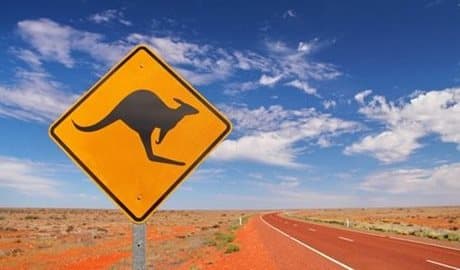What to know before moving to Australia
We want to help take away some of the expense, stress and tiredness of moving abroad by giving you complete guides to moving home. This time we’re tackling the Australian outback and looking at absolutely everything you need to be prepared for.

